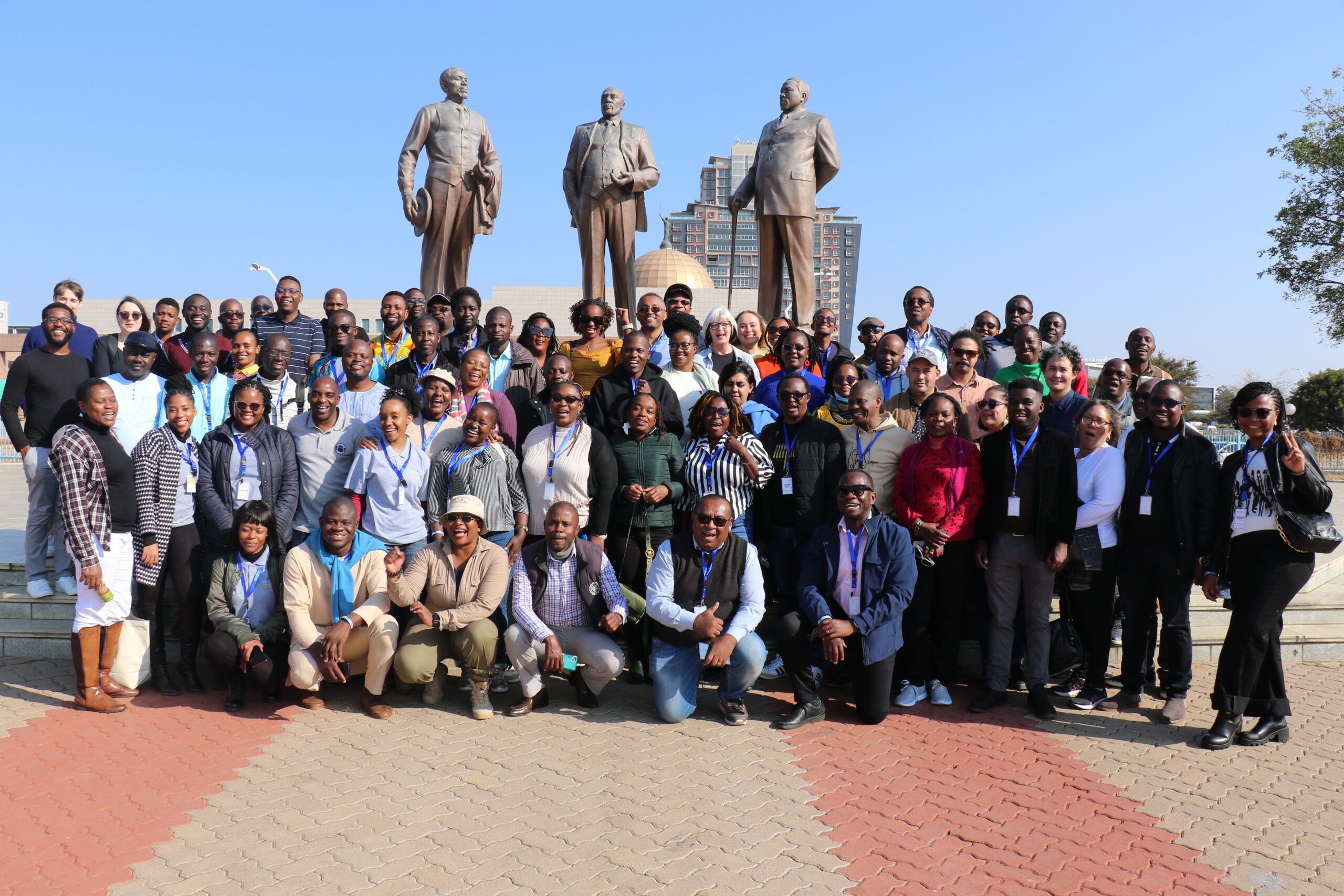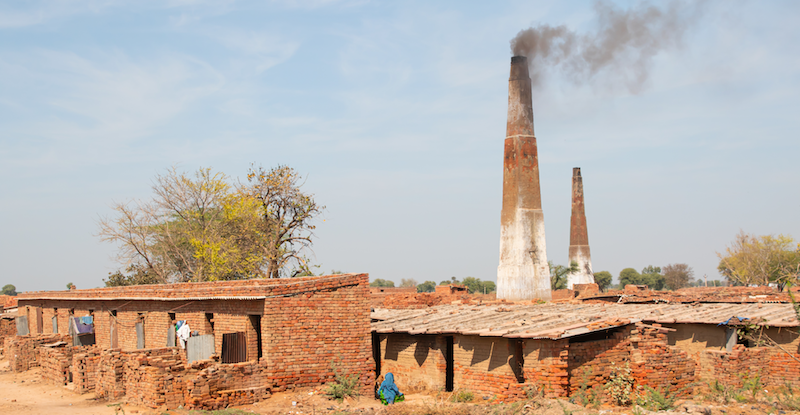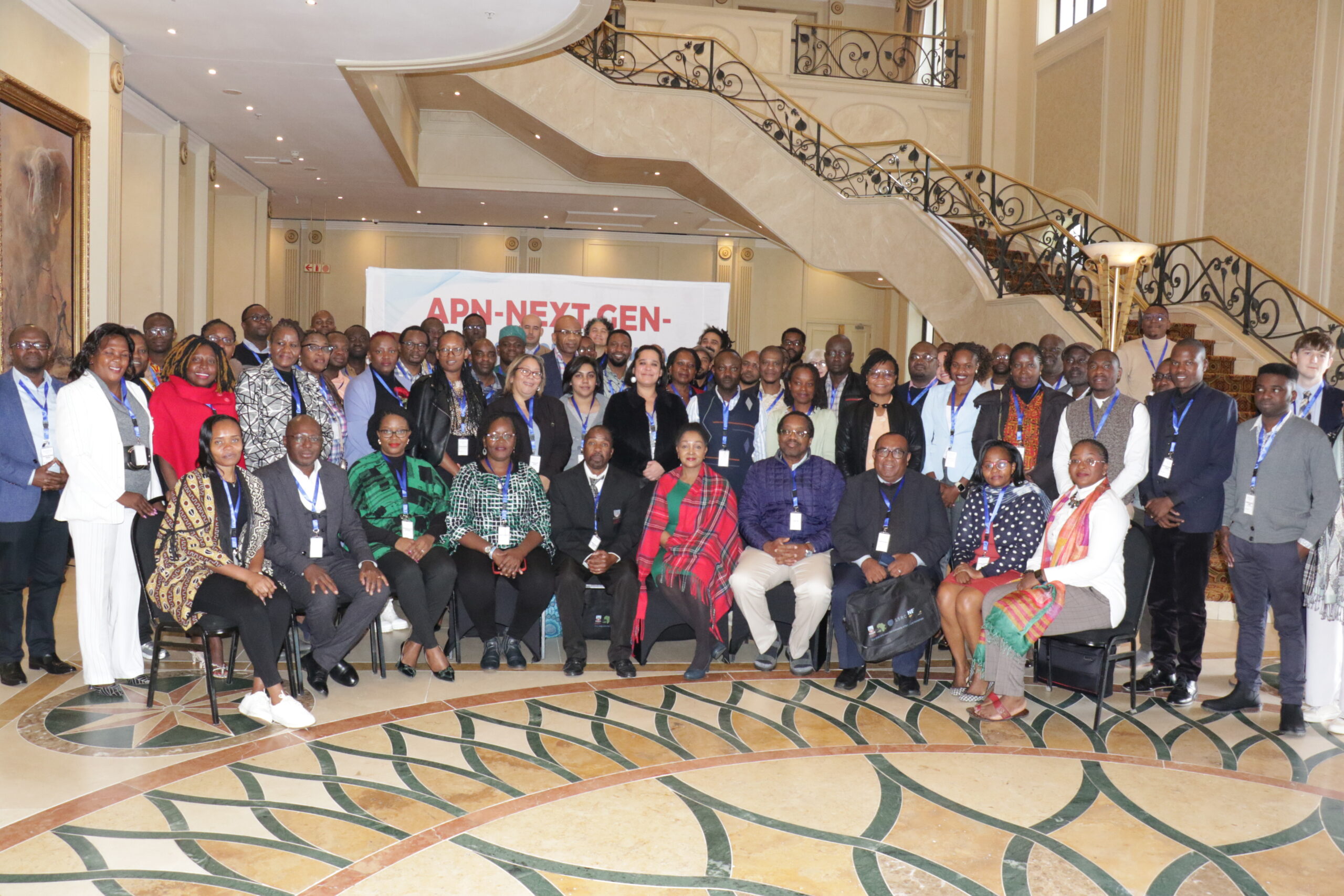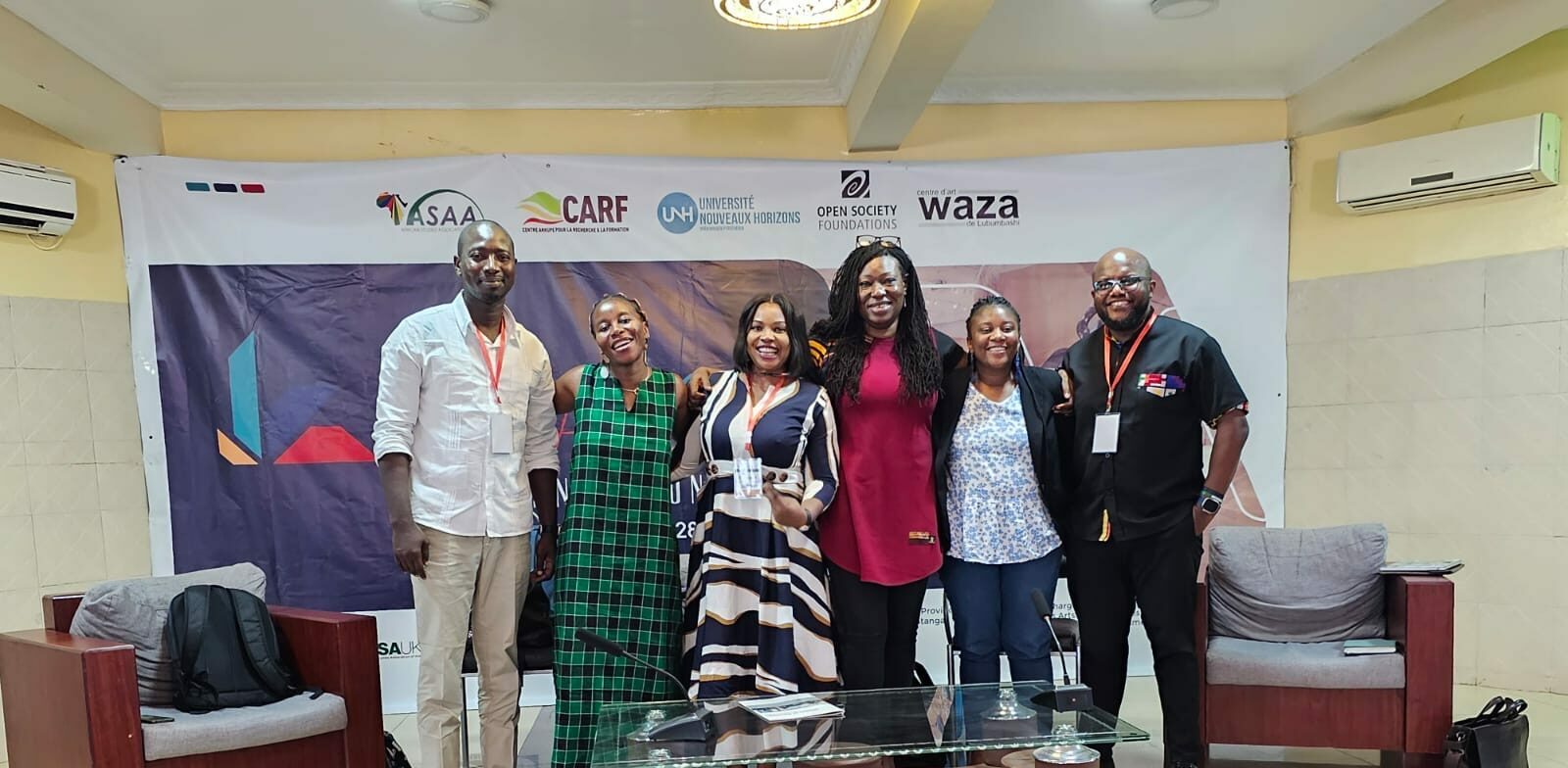CPPF Workshop on Political Economy Analysis in Central Africa
On 9,12, and 13 June 2023 CPPF hosted a series of three half-day virtual workshops on PEA in Central Africa. The sessions took stock of political analysis-related work within both the United Nations and World Bank and discussed methodologies. The meeting aimed to enrich both organizations’ understanding of the political economy trends related to oil exporting states and the Congo Basin rainforest in Central Africa.









